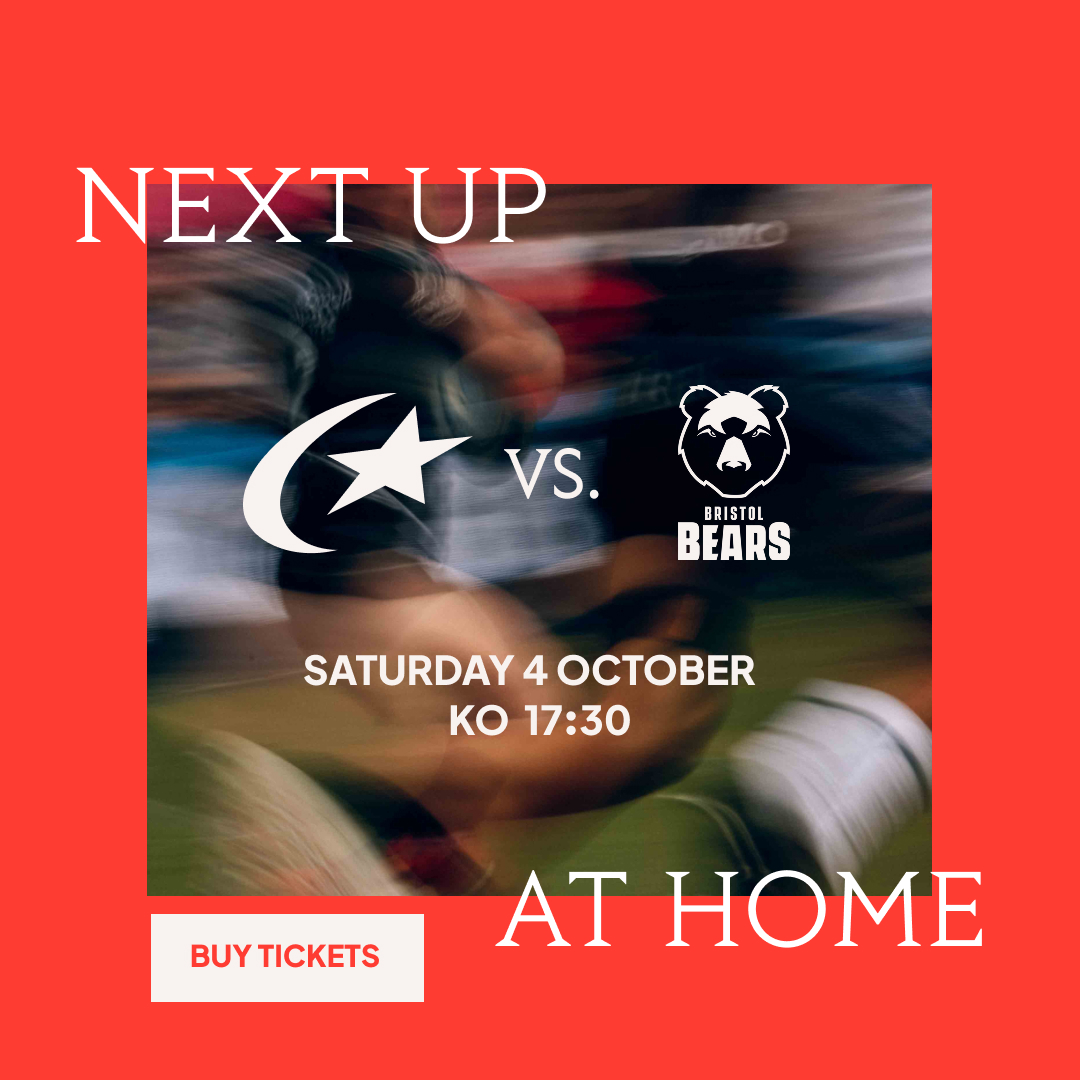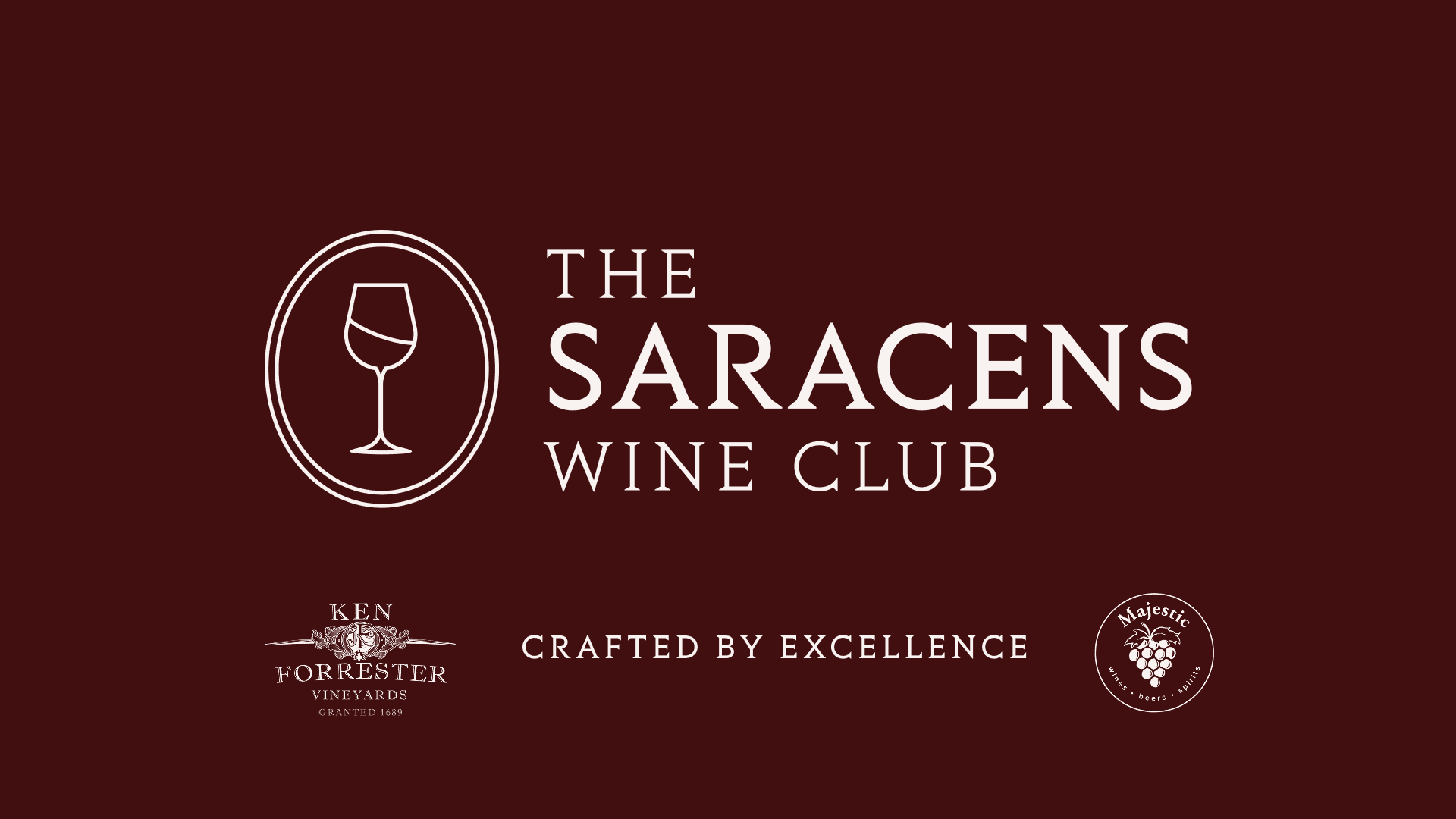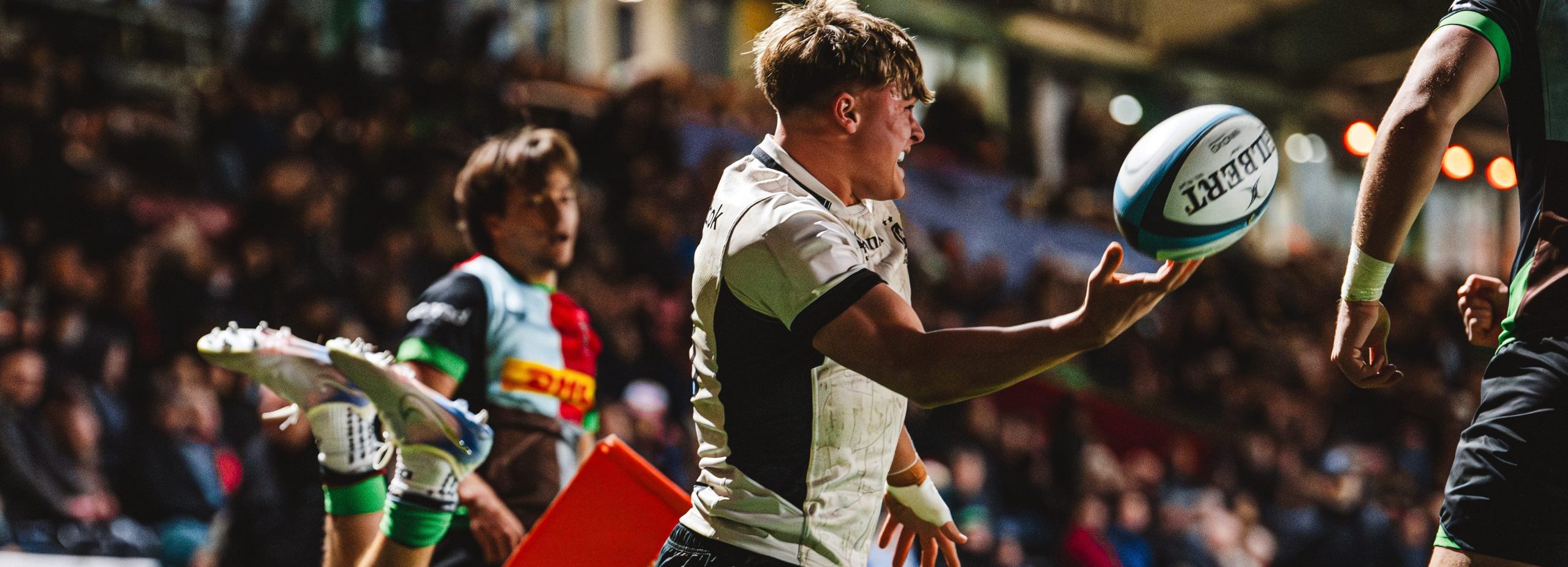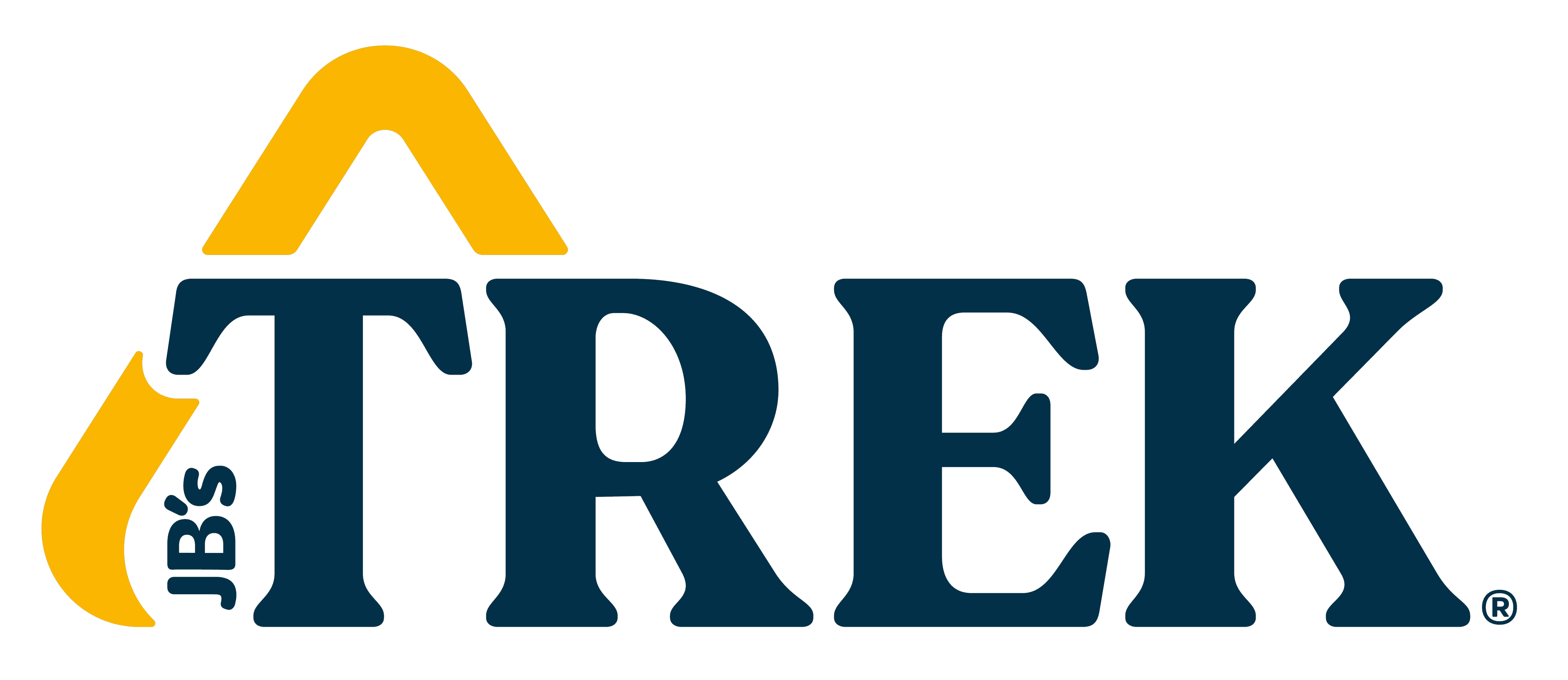35th Anniversary Interview | Amy Garnett

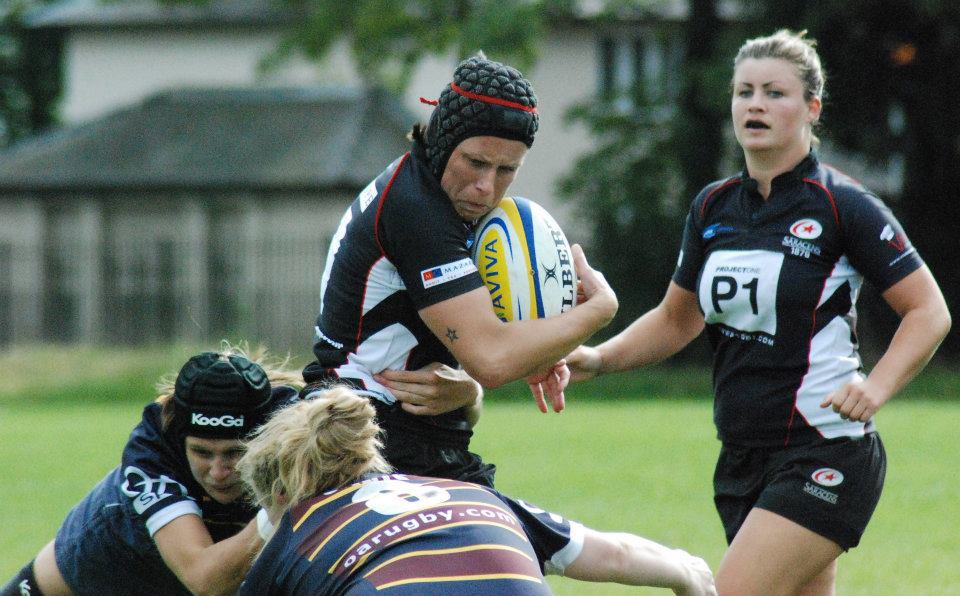
“It was our castle. We would protect it with everything we had.”
Those were the words of former Saracens Women's and England hooker Amy Garnett, as she reflected on what made Bramley Road such a special place to play at.
Garnett had a storied career, captaining Saracens during their highly successful period in the mid-2000s, as well as becoming the first women to reach 100 caps for England.
Garnett’s era was one filled with incredible players and big characters, and it was a Saracens and England hooker who first inspired her to join the North London side.
“I was at De Montfort University in Bedford. At the time, Nicola Ponsford was coming in and coaching us. She was the Saracens and England hooker at the time. I knew Sarries were the best team in the country, and I wanted to be a part of that. People like me and Karen Andrew would travel down each week to train and that was just how it was in those days.”
Garnett’s time at Saracens was played out against the backdrop of incredible success on the field for the side, with Garnett explaining that the bond the squad created was what made them such a tight-knit unit.
“I like to call it the golden era! That’s how it felt at the time. We were so tight as a team, and we had so many amazing players. They weren’t necessarily internationals, but they were people you could always rely on as a teammate. We socialised a lot away from the pitch and we shared the wins and losses together as a group. It just made it special.”
Garnett was part of an era of players who had to combine a 9-5 job with their rugby career. Whilst many players are still in the same position today, for Garnett, it still amazes her to look back at how she juggled rugby and her job in the Met Police.
“At the time, it didn’t cross my mind. For all of us, it was just the norm. I look back now and ask how on earth we managed to work, train and play. Sometimes, I could be stuck at a job with the police and then playing rugby hours later. There were so many training sessions in Lea Valley where I would be training on the back of doing a night shift or vice versa. It was brutal, but at the time, it was just normal. Lots of my teammates let me crash and sofa surf as well, which was a huge help, but looking back now, it does amaze me how that dynamic worked!”
Garnett’s career has seen some incredible highs, but she admitted that playing for the Saracens second team when she was first breaking through would always be one of her highlights.
“I remember when I was a second team player, we shocked Wasps in the quarter finals of the cup. We had so many young up and coming players who would go on to play for England and ended up facing the Sarries 1stteam in the semi-final. I was asked to play for the 1s, but I said no as I wanted to stick with the 2nd team that had made it that far. We lost, but it was a great game and off the back of it, I was asked to play for the 1s in the cup final. That was one of my first appearances for the first team and that meant so much.”
Once she broke into the first team, Garnett never looked back, as her form for Saracens earnt her an England call-up. It was a national cup final against Clifton though, that stood out for Garnett as one of those special matches.
“That Clifton cup final stands out to me. We played at the police headquarters in London. I remember getting whacked by a young Nolli Waterman, but other than that, it felt like a perfect game. It was just before I went on an England tour, but for us, everything clicked that day. I got selected to tour for England off the back of that game which was amazing.”
Garnett also captained the club for several seasons, as she explained how she took to leading a side that contained so many world-class players, despite being a young gun in comparison.
“There is no higher honour I don’t think than to be asked to captain Saracens. I was still fairly young in my rugby career, but to be asked to captain a team that had the likes of Emma Mitchell, Helen Clayton and Claire Frost in it was huge. Leading a team like that was an absolute honour, but in a way, it was quite straightforward, because there so many leaders in that group. Maxine Edwards was part of that side too and she was the England captain, so for me to be asked to lead them was very special.”






